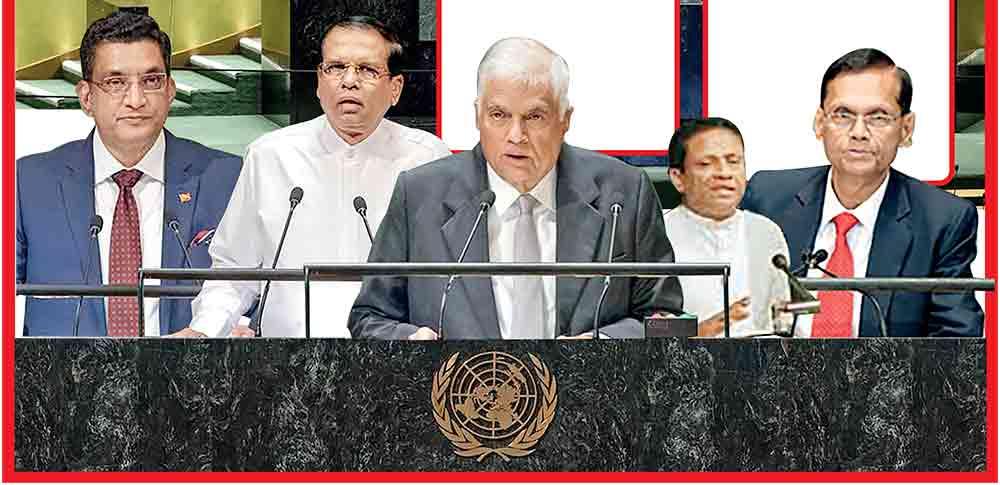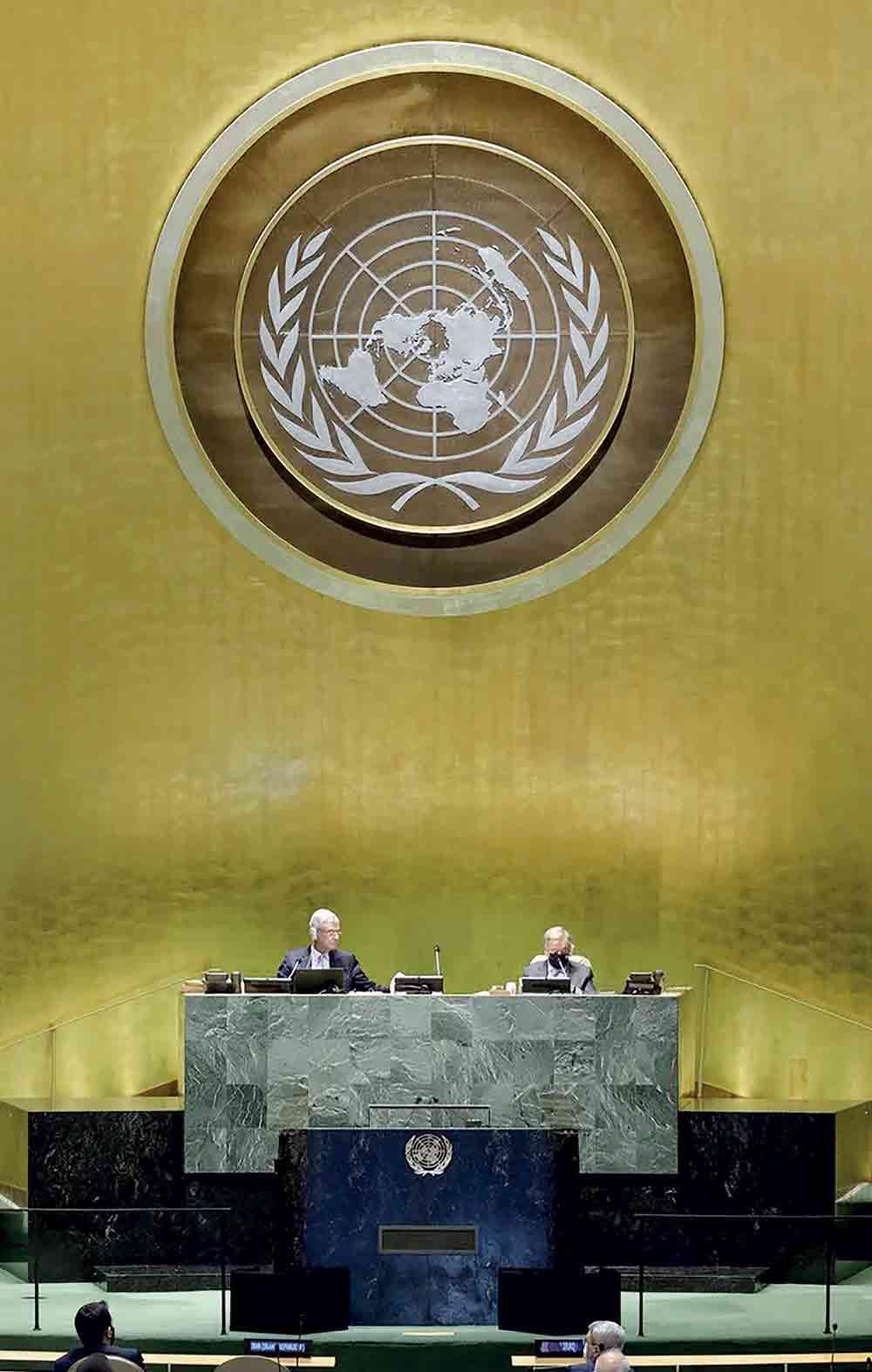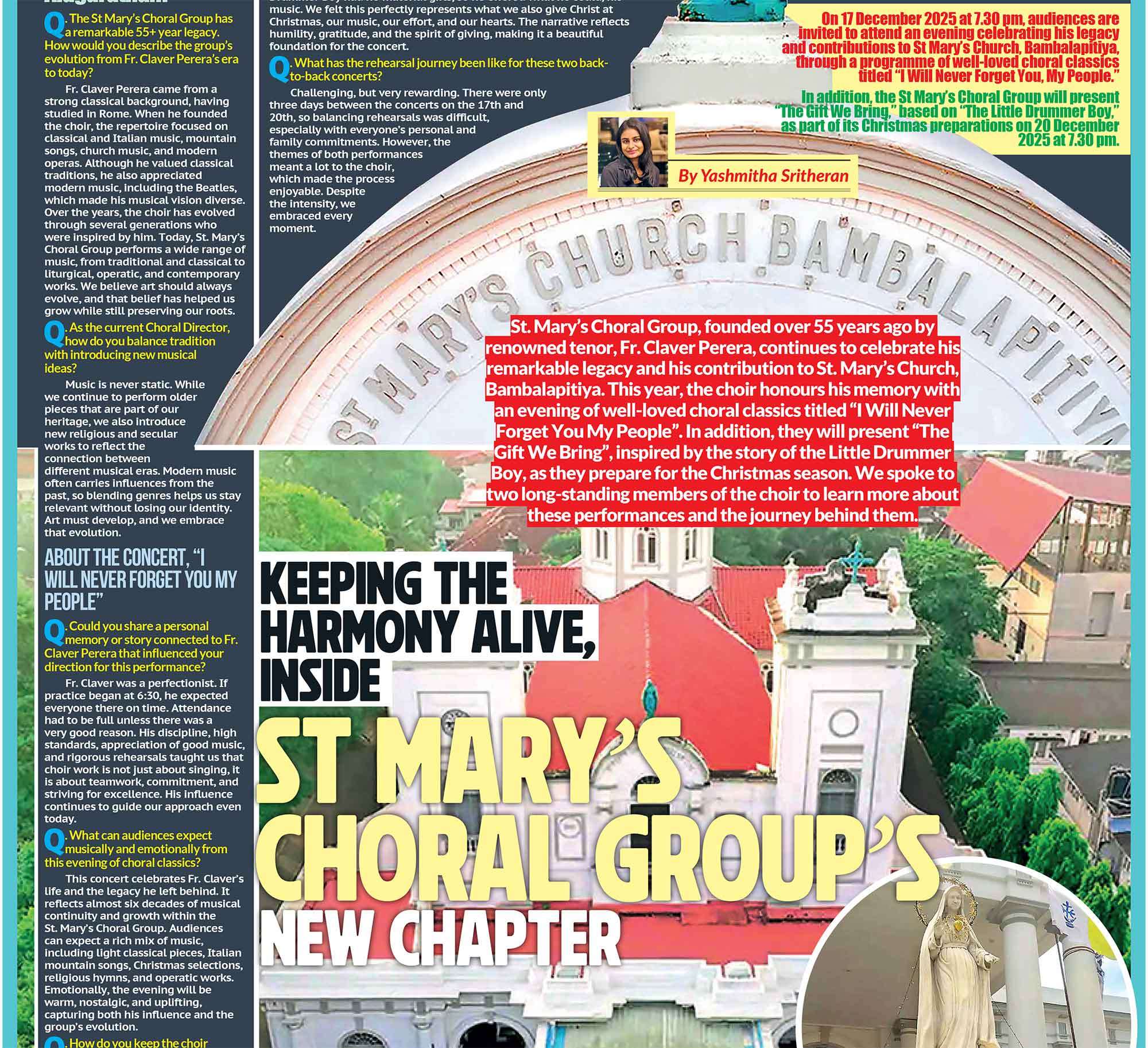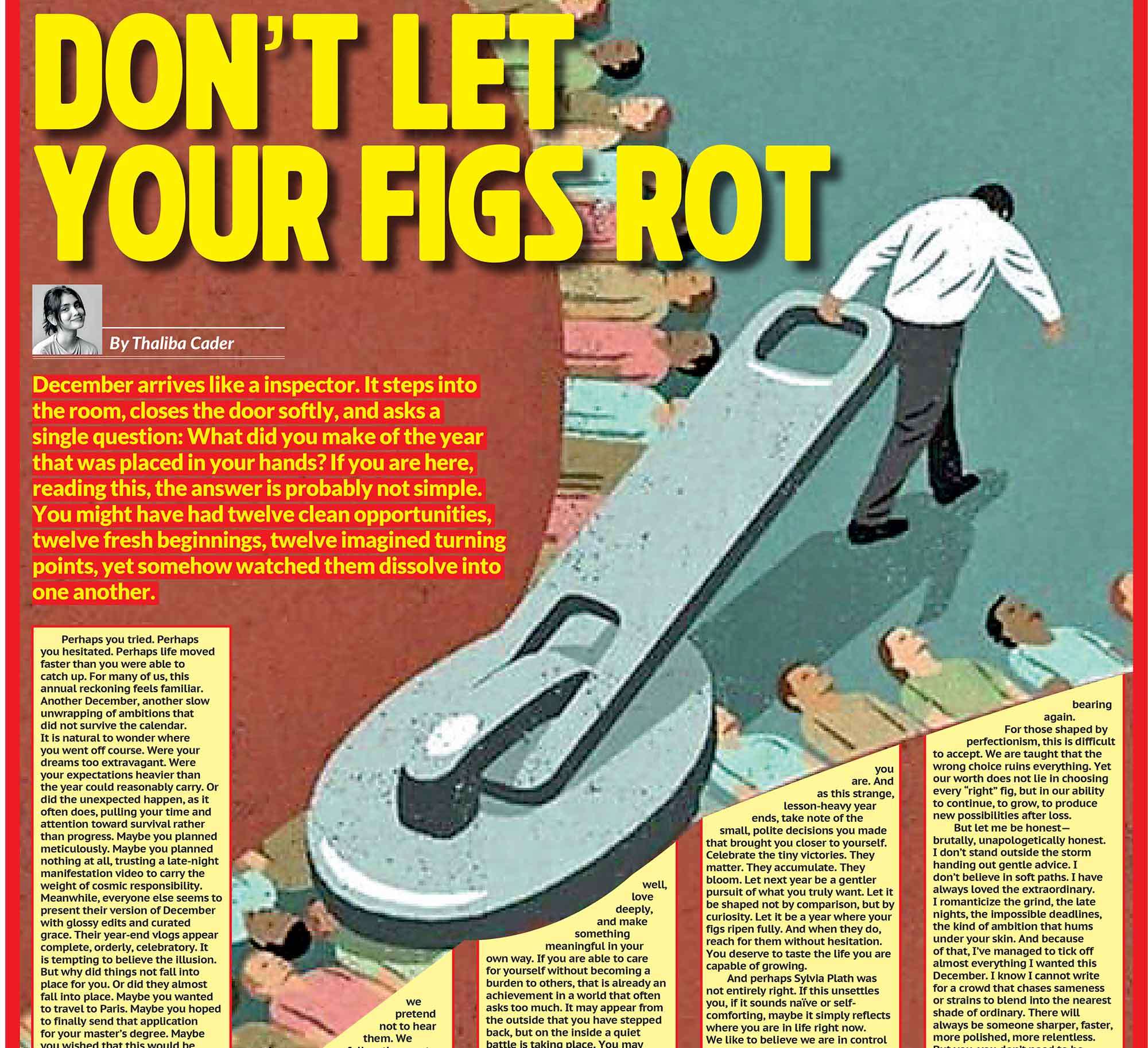
As Sri Lanka marks 70 years as a UN member amid shifting global power, the global south must stop waiting for invitations. By creating its own presence during United Nations General Assembly week through regional alliances, diaspora support and independent platforms the global south can reclaim the narrative, amplify voices and help shape not just the agenda at UNGA but that of Global South nations everywhere.
 Every September New York becomes the global meeting point. Leaders, diplomats, civil society, businesses and NGOs gather for the United Nations General Assembly week. It is not just about which speeches are made at the UNGA itself. It is about the events around it. What stories get told. What presence is visible. Whose agenda is heard. Sri Lanka has been part of the United Nations since 14 December 1955. Before that the UN had already begun work in Sri Lanka in 1952. Over the decades the United Nations in Sri Lanka has partnered with governments and communities across issues such as disaster recovery, economic development, reconciliation after conflict, and sustainable development.
Every September New York becomes the global meeting point. Leaders, diplomats, civil society, businesses and NGOs gather for the United Nations General Assembly week. It is not just about which speeches are made at the UNGA itself. It is about the events around it. What stories get told. What presence is visible. Whose agenda is heard. Sri Lanka has been part of the United Nations since 14 December 1955. Before that the UN had already begun work in Sri Lanka in 1952. Over the decades the United Nations in Sri Lanka has partnered with governments and communities across issues such as disaster recovery, economic development, reconciliation after conflict, and sustainable development.
Sri Lanka has been elected recently to ECOSOC, the Economic and Social Council, with strong support from the UN General Assembly. That is one example among many of Sri Lanka’s contribution to global cooperation. This year’s UNGA theme, “Better Together: 80 years and more for peace, development and human rights,” reflects how multilateral institutions are facing a moment of truth. Countries worldwide expect more inclusion more fairness more acknowledgement of the Global South’s challenges and strengths. If global institutions remain stuck in the architectures of a less complex age, they risk becoming irrelevant or worse marginalising many who are meant to be part of their audience. There is a powerful example close by we can learn from. Unstoppable Africa has, for the past three years, turned UNGA week into its moment. It operates two full days of conferences, networking, side events, cultural showcases. It has become more than an event. It is a signal: Africa will be seen and heard on its own terms.
Sri Lanka can play more than a supporting role. Sri Lanka can build, speak, host, lead. Next year when I am in New York for UNGA, I would like to see an unstoppable Sri Lanka.
Why should Sri Lanka wait to be invited to someone else’s panel? Why not build Sri Lanka’s own stage?
We can start with ideas like a fringe event on climate finance or climate vulnerability. Or working with South Asian neighbours to host a regional dialogue about shared challenges: debt sustainability, disaster risk, ocean protection, equitable digital access. We could invite philanthropists, experts, investors, civil society and media to join. We could showcase our creative industries, heritage, science, innovation, our recovery.
Here in New York the Sri Lankan diaspora is a living bridge. Thousands of Sri Lankans live in the tri-state area of New York, New Jersey, Connecticut. In Staten Island, particularly the neighbourhoods of Tompkinsville and Stapleton, which constitute a ‘Little Sri Lanka.’ They are doctors, teachers, small business owners, students, professionals. They host Independence Day celebrations here. They preserve and cook Sri Lankan food, perform Sri Lankan dances, give talks and raise funds. They can be engaged as a resource. They are part of Sri Lankan’s global story. They can help amplify this event, help bring in specialists, help tell the narrative of Sri Lanka beyond crises. They can help shape how Sri Lanka’s message is heard.

Globally we are seeing growing calls for reform: how decisions are taken at the UN, how the Security Council functions, how veto powers are used, how smaller and middle-income countries can have more real voice not only in speeches but in outcomes. The world is changing. A multipolar world demands a more equal stage. But reform is not enough if we only ask for change. Reform needs to be matched with action. Sri Lanka building its own presence during UNGA week is one such action. It does cost resources. It takes planning. But the benefits are real. Visibility. Influence. Narrative control. Networks. Partnerships. Investment.
Sri Lanka already contributes in many ways within the UN framework. Peacebuilding, reconciliation, sustainable development, UN-supported programmes locally. But at UNGA countries in the Global south often join others rather than host, too often responding rather than proposing. If we build our own platform we begin to change that pattern. We become less reactive. We become authors of our story. We set the agenda not just respond to it. This UNGA week is an opportunity. The world expects that institutions evolve, that voices of smaller states matter, that dialogue is inclusive. Sri Lanka can play more than a supporting role. Sri Lanka can build, speak, host, lead. Next year when I am in New York for UNGA, I would like to see an unstoppable Sri Lanka.











